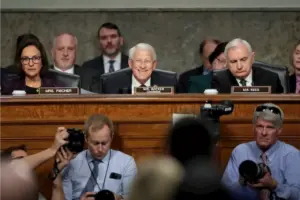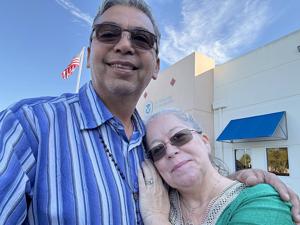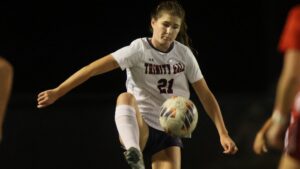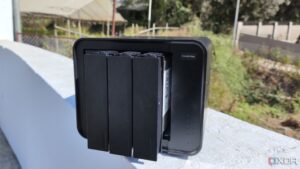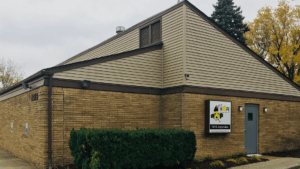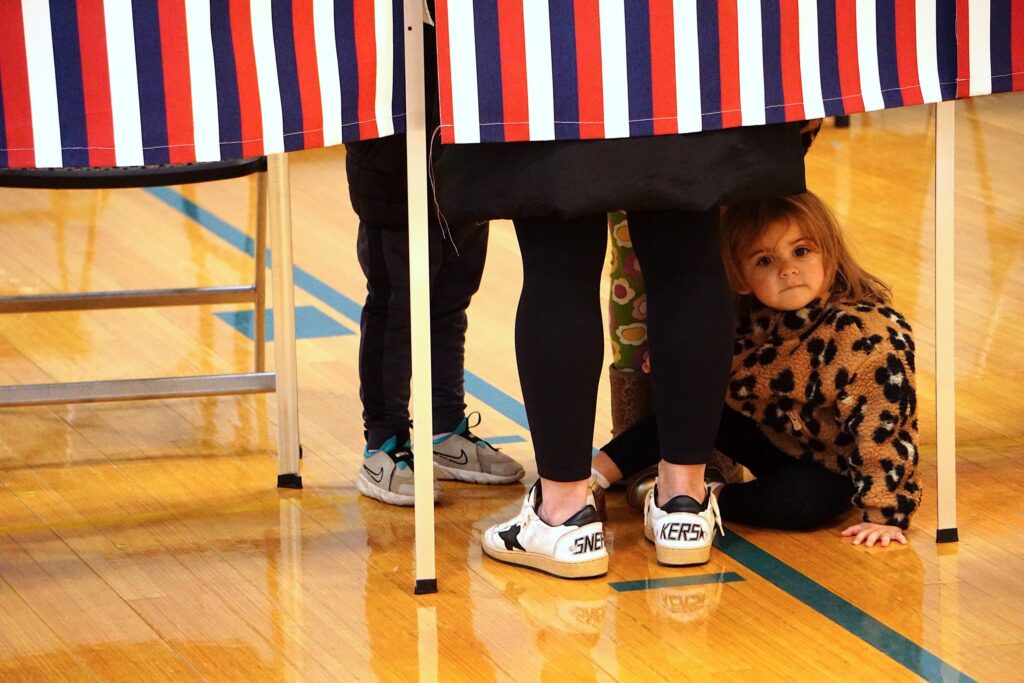
Residents of Concord, New Hampshire, faced significant challenges at the polls during the recent municipal election, as almost two dozen voters were turned away due to new voter registration guidelines. The new law, which requires voters to provide proof of citizenship along with identification and proof of domicile, has created barriers for individuals attempting to participate in the electoral process.
Peter Oltman, a 62-year-old resident who moved to Concord from Boscawen in February, arrived at the Green Street Community Center at 11 a.m. on Election Day. He intended to register and cast his ballot but found himself unable to do so because he did not have proof of citizenship. Last year, this would not have been an issue, as voters could sign an affidavit affirming their identity. However, the new law has changed this process. Oltman expressed his frustration, stating, “It pissed me off, to tell you the truth.”
21 voters were turned away across all ten wards in Concord, with at least 14 of those individuals newly registering to vote. Mary Fields, the Ward 4 Supervisor of the Checklist, indicated that she was willing to assist voters who had previously registered in New Hampshire. However, she could not find Oltman’s name on the official list, despite him having voted multiple times in the past.
Some voters expressed support for the changes. Michelle and Jonah Gosnell, who moved to Concord in February, arrived at the polling station an hour before closing. Michelle stated that she was unaware of the new requirements but believed they would help prevent voter fraud. “It gives less of a chance of people committing fraud or not being honest about who they are,” she said.
Conversely, McKenzie Taylor, the Director of the New Hampshire Campaign for Voting Rights, criticized the new law. In a statement, she highlighted that New Hampshire was already ranked as one of the most challenging states for voting before the law took effect. “Now, that legacy is being undone by a law that blocks eligible voters from casting their ballot simply because they lack certain paperwork when they show up to the polls to exercise their constitutional right,” Taylor noted.
Concerns about the law have been echoed by state representatives, including Connie Lane, who spoke about her experiences as part of the Election Law Committee. Lane highlighted that many moderators had testified before the law’s passage that they had never encountered instances of fraud in their long tenures. “The training that they give people who work it is long and tedious, and they take it very seriously,” she explained.
The law is currently facing legal challenges from voting rights organizations and local voters, with a trial set to begin in February. Additionally, Jae Whitelaw, a moderator for over ten years, noted the law’s impact on various demographics, including women who have changed their names, the elderly, and the homeless. She recounted an instance where a veteran arrived at the polling location with only a military ID and was turned away, never to return.
Robert Waterman, the moderator at Ward 3, acknowledged the importance of proving citizenship but criticized how the law is currently structured. He believes it disproportionately affects people who have recently moved and may not have immediate access to necessary documentation.
The New Hampshire Campaign for Voting Rights reported that at least 100 people statewide were turned away on Election Day due to documentation issues. Jae Whitelaw emphasized the importance of ensuring that every eligible voter can exercise their right to vote, stating, “That man had a constitutional right to vote, and he was denied that right because he didn’t have the new documentation that’s required.”
As the situation unfolds, the implications of these new voter registration guidelines on participation and access to the democratic process remain a significant concern for many in New Hampshire.
